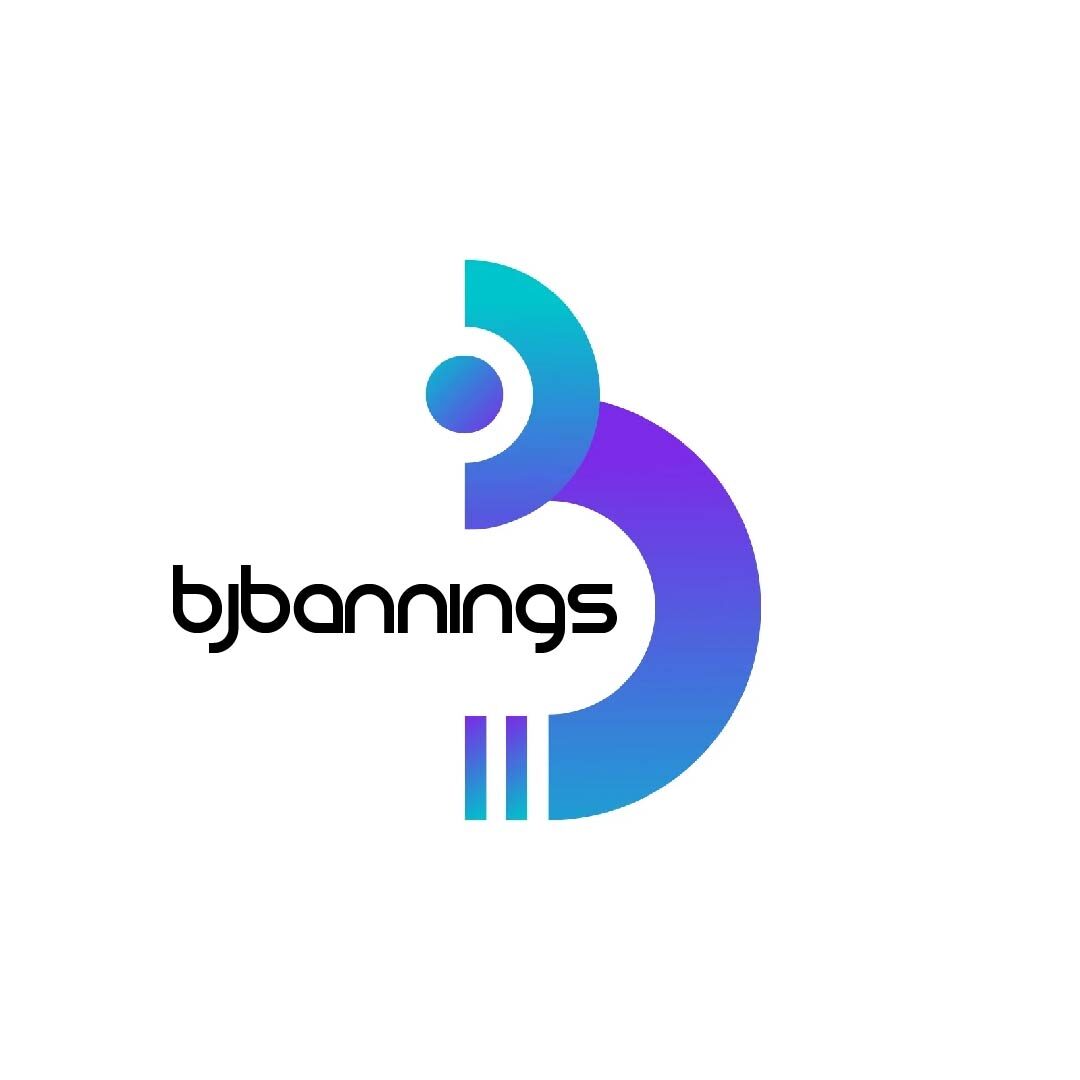Shaping Business Success Through Digital Reach
Digital marketing has emerged as a transformative force in the modern business landscape, reshaping how brands interact with consumers, build trust, and drive growth. In today’s technology-driven world, businesses are no longer confined to traditional advertising methods like print, radio, or television. Instead, they operate in a dynamic digital ecosystem where engagement, personalization, and real-time communication determine success. The evolution of digital marketing has provided organizations with powerful tools to reach audiences globally, understand consumer behavior, and create meaningful connections that influence purchasing decisions.
One of the key advantages of digital marketing is its ability to reach targeted audiences with precision. Through analytics, businesses can track user behavior, segment audiences, and tailor campaigns to match consumer preferences. Unlike traditional marketing, which often takes a broad approach, digital marketing emphasizes personalization, ensuring that each message resonates with its intended recipient. From social media posts to email campaigns, every digital touchpoint becomes an opportunity to engage, inform, and inspire, creating a deeper and more lasting connection with the audience.
Search engines remain a central component of digital marketing strategies. Search engine optimization (SEO) allows brands to improve visibility and attract organic traffic by optimizing content for relevant keywords and enhancing website performance. When a business ranks higher in search results, it not only http://thaiduongmobile.com/ increases its chances of being discovered but also establishes credibility and authority in its niche. Complementing SEO, pay-per-click (PPC) advertising provides an efficient way to target specific demographics and drive immediate traffic to websites, offering businesses a balanced approach between organic reach and paid exposure.
Social media platforms have revolutionized the way brands communicate with their audiences. Platforms like Instagram, TikTok, Facebook, and LinkedIn serve as hubs for storytelling, engagement, and community building. Social media marketing allows businesses to share content creatively, respond to customer inquiries instantly, and foster loyalty through interactive campaigns. Influencer partnerships have further amplified this approach, providing brands with authentic voices that resonate with specific communities and expand reach organically. These interactions go beyond advertising, creating spaces where consumers feel seen, heard, and connected.
Content marketing remains an essential pillar of digital strategies. Quality content—including blogs, videos, podcasts, and infographics—educates, entertains, and informs audiences while subtly guiding them toward a brand’s offerings. Storytelling has become a powerful tool in this process, humanizing brands and allowing them to convey values, culture, and vision effectively. A strong content strategy not only draws attention but also builds trust over time, turning casual visitors into loyal supporters. Consistent, valuable content ensures that brands remain relevant in an ever-changing digital environment.
Email marketing continues to play a critical role in maintaining personalized communication with audiences. Well-crafted email campaigns deliver updates, offers, and recommendations that cater to individual preferences. Automation tools allow marketers to schedule and segment emails efficiently, ensuring that each message reaches the right person at the right time. Email marketing is particularly effective in nurturing leads, reinforcing brand identity, and fostering repeat engagement, making it an indispensable tool in the digital marketing toolkit.
The integration of artificial intelligence (AI) and machine learning has elevated digital marketing to new levels of efficiency and personalization. AI algorithms analyze consumer behavior, predict trends, and optimize campaign performance. From AI-driven chatbots providing instant customer support to recommendation engines offering personalized suggestions, technology ensures that interactions feel intuitive and meaningful. These innovations help businesses create highly relevant experiences while improving operational efficiency and decision-making accuracy.
Digital marketing also empowers small and medium-sized enterprises to compete on a global scale. Affordable online advertising, social media campaigns, and content-driven strategies allow even limited-budget businesses to achieve visibility, engagement, and growth. By combining creativity with data insights, these companies can establish strong brand identities and connect with audiences as effectively as larger corporations.
The continued evolution of digital marketing demonstrates its central role in shaping modern business success. It is no longer just a method of promotion but a strategic tool that drives innovation, fosters engagement, and builds lasting relationships between brands and consumers. In an increasingly connected world, the power of digital marketing lies in its ability to transform attention into action and interaction into loyalty, creating sustainable growth opportunities for businesses of all sizes.
